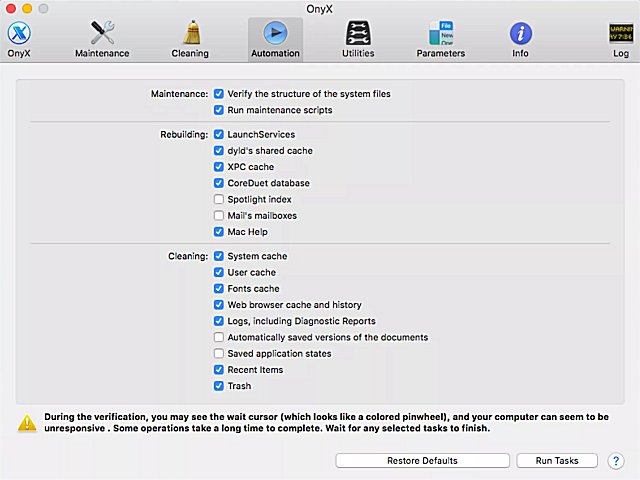OnyX has recently released versions 4.7.8 and 4.6.2, enhancing its functionality as a multifunction utility designed for macOS users. This versatile tool allows users to verify the integrity of system files, perform various maintenance and cleaning tasks, and configure settings for the Finder, Dock, Safari, and other Apple applications. Users can also utilize OnyX to delete unnecessary caches, eliminate troublesome folders and files, and rebuild essential databases and indexes, among other capabilities.
One of the standout features of OnyX is its user-friendly interface that simplifies complex tasks typically executed through a command-line interface. Each major version of macOS has a corresponding OnyX version tailored to its specific requirements. Users looking for older versions can find them through the provided Author link.
As technology continues to evolve, OnyX remains a vital tool for macOS maintenance, allowing users to optimize their system performance and streamline their user experience. The latest updates not only enhance existing features but may also introduce new functionalities, ensuring that users have access to the latest improvements and tools to keep their systems running smoothly
One of the standout features of OnyX is its user-friendly interface that simplifies complex tasks typically executed through a command-line interface. Each major version of macOS has a corresponding OnyX version tailored to its specific requirements. Users looking for older versions can find them through the provided Author link.
As technology continues to evolve, OnyX remains a vital tool for macOS maintenance, allowing users to optimize their system performance and streamline their user experience. The latest updates not only enhance existing features but may also introduce new functionalities, ensuring that users have access to the latest improvements and tools to keep their systems running smoothly
Onyx 4.7.8 / 4.6.2 released
OnyX is a multifunction utility that you can use to verify the structure of the system files, to run miscellaneous maintenance and cleaning tasks, to configure parameters in the Finder, Dock, Safari, and some Apple applications, to delete caches, to remove certain problematic folders and files, to rebuild various databases and indexes, and more.


